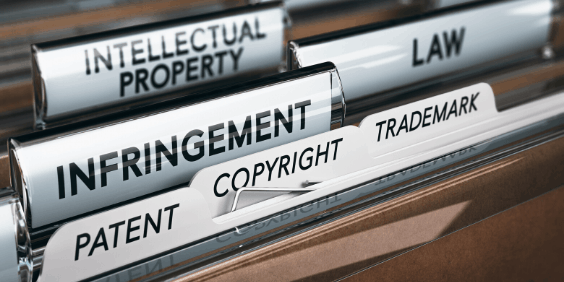Understanding the legal implications of patent expiry in Canada

The expiration of a patent is a significant event in the lifecycle of intellectual property (IP) rights.
In Canada, a patent provides its owner with the exclusive right to make, use and sell an invention for 20 years from the filing date (assuming annual maintenance fees are paid and not including any patent term extensions or adjustments). Once a patent expires, the invention enters the public domain, allowing anyone to use it without permission from the patent owner.
Strategic considerations
As the end of a patent’s term approaches, patent owners should consider their strategy to manage the transition. Here are some key considerations:
- IP portfolio management: Owners should assess their overall IP portfolio to determine if other forms of protection – such as trademarks or industrial designs – can provide continued protection for products covered by expiring patents.
- Technological advancements: If improvements have been made to the original patented technology, such improvements could be patentable and extend protection over the core technology.
- Think globally: It’s important to note that while a Canadian patent may expire, corresponding patents in other jurisdictions may still be in force and impact the ability to use IP internationally.
Licensees and third parties must also navigate the changing landscape as patents expire.
- Freedom to operate: The expiration of a patent gives third parties the freedom to use the invention without infringement. However, they must be cautious of any non-expired patents for related technology or improvements to the invention.
- Licensing agreements: In Canada, post-expiration royalties can be collected if stipulated in a licensing agreement. Licensees should periodically check the status of licensed patents to ensure excess royalty payments are not mistakenly paid as patents expire.
Key takeaways
Letting a patent expire without due consideration can have significant consequences for IP owners. For this reason, it is essential for patent owners to proactively manage their IP portfolios and for third parties to understand the opportunities and limitations that relate to patent expiration.
For a more detailed analysis and personalized advice, consult with a MLT Aikins IP lawyer in Canada.
Note: This article is of a general nature only and is not exhaustive of all possible legal rights or remedies. In addition, laws may change over time and should be interpreted only in the context of particular circumstances such that these materials are not intended to be relied upon or taken as legal advice or opinion. Readers should consult a legal professional for specific advice in any particular situation.




